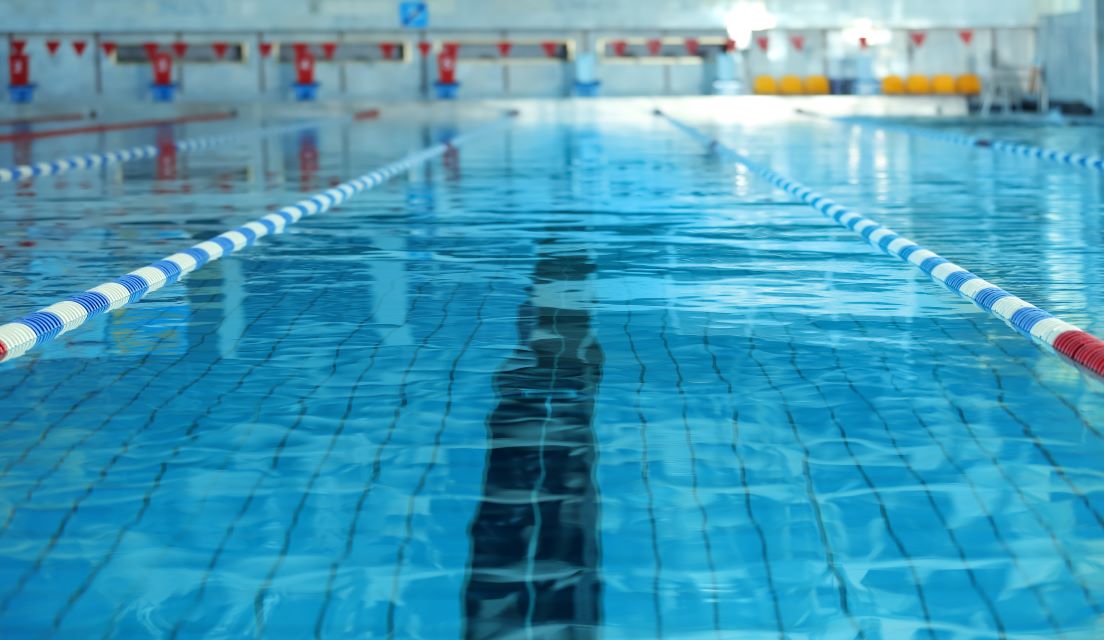As the energy crisis builds, so does pressure on swimming pool operators, many of whom are struggling to keep their doors open or have already succumbed to closures. Amid spiralling energy costs, it’s vital that pools are operating as efficiently as possible to help mitigate this pressure. Here, Evoqua Water Technologies shines the spotlight on disinfection and how operators can reduce energy consumption and control costs.

We know the difficulties swimming pools everywhere are facing and have faced over the past few years. There’s been the Covid-19 pandemic, the chlorine shortage and now the global energy crisis, which is seeing pool operators facing bills up to 200 per cent higher than in 2019. The reality is that some pools simply can’t afford to operate.
In November 2022, the national governing body for swimming in England, Swim England, warned that more than 100 pools are under threat of closure or a reduction in services in the next six months.[1] So, there’s no denying we need to do everything we can to protect our pools.
The government’s Energy Bill Relief Scheme, which provides a discount on wholesale electricity and gas prices for non-domestic energy customers, will help but it’s vital each pool’s operation is as energy efficient as possible to keep costs manageable. While heating is one of the most energy intensive elements of a swimming pool, this can only be reduced so much while maintaining a comfortable environment for bathers. So, operators should turn their attention to their pool water treatment system. There’s no better time to audit your pool plant room, check it’s functioning at optimum efficiency and assess whether it would be cost-effective to upgrade ageing or inefficient equipment.
One of the first areas to look at is filtration. Traditionally, pools in the UK have used medium rate deep bed sand or glass media filters. But innovative regenerative media filters provide significant water, chemical and energy savings. Regenerative media filtration (RMF), as delivered by the Evoqua Defender® RMF, is an alternative to traditional sand or glass filtration and can achieve higher efficiencies at 1 micron particulate filtration, delivering excellent bather experience. What also sets RMF apart for operators is its operational efficiency and the significant savings it delivers, such as up to 90% water, 50% energy and 30% on chemicals. The potential saving will be site specific and depend on pool bathing load and other environmental conditions.
Another area is ultraviolet (UV) technology, one of the most sustainable forms of disinfection. It works by UV light inactivating microorganisms such as chlorine resistant cryptosporidium and other pathogens without the use of chemicals. Medium pressure UV also breaks down unpleasant and harmful disinfection by products like chloramines. Evoqua’s Wafer® UV system offers a broad range of medium pressure systems to suit varying flow rates and different leisure applications. Its energy efficient variable power electronic ballasts help to minimise energy consumption, while giving operators more control over output.
Thirdly, take the time to review your process analysis and control, the heart of any disinfection system. By ensuring the right total system solution is in place, a pool will not only achieve greater water quality and confidence in compliance with safety standards but realise a range of savings too. The Evoqua DEPOLOX® Pool analyser gives operators greater control over their whole disinfection system, measuring not only free chlorine and pH but also redox, total chlorine and TDS. By connecting the DEPOLOX Pool analyser to the Wafer UV system and site VSDs, further energy saving can be achieved by actively controlling the power levels based on water quality. This can increase process efficiency, minimise chemical overdosing and energy consumption.
We’re here to support pool operators at every step of their journey to optimising costs and keeping their doors open. For more information on how you can reduce the energy consumption of your disinfection system, contact us today.
[1] https://www.swimming.org/swimengland/growing-energy-crisis-pools-under-threat/
